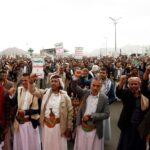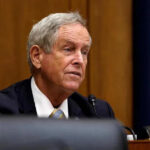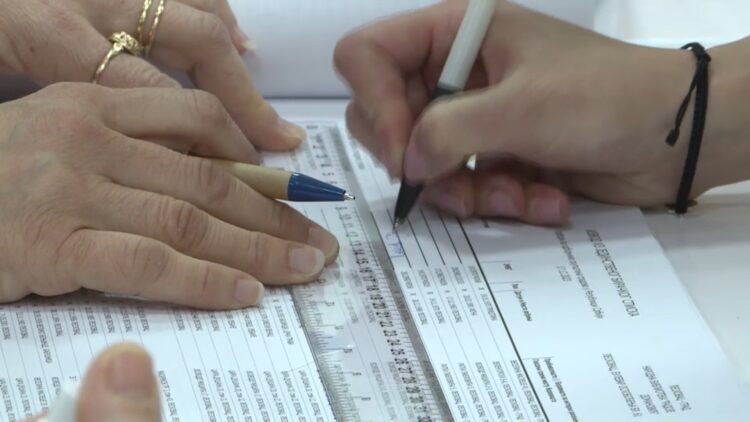**Serbia’s Draft Law on Voter Register Needs Improvements**
The OSCE Office for Democratic Institutions and Human Rights (ODIHR) has analyzed the proposed amendments to Serbia’s Law on Unified Voter Register. While there are some positive developments, ODIHR believes further improvements are necessary.
**Key Changes**
The draft law introduces articles that require the Ministry of Public Administration and Local Self-Government to publish voter lists for public scrutiny. It also regulates access to the Unified Voter Register (UVR) for political parties and other actors. Additionally, an ad-hoc commission will be established to audit and verify voter registration data.
**Positive Developments**
ODIHR welcomes the increased transparency and public scrutiny of the proposed amendments. The draft law allows for the publication of partial data from voter lists and its accessibility to the public via the internet. ODIHR also commends the specification of data for publication and measures for protecting personal data.
**Shortcomings**
However, ODIHR notes several shortcomings in the proposed solutions. The lack of full harmonization with data protection laws could lead to legal ambiguities. The draft law does not address the issue of regulating the enfranchisement of Serbian citizens without permanent residence in Serbia. Additionally, independent observers are restricted from accessing the UVR.
**Recommendations**
ODIHR recommends granting access to data from the Unified Voter Register (UVR) to civil society organizations and observer groups. It also suggests clearly regulating the auditing process and ensuring a proportional representation of commission members from the government, opposition, and civil sector. A permanent mechanism for the periodic audit of the UVR should be established.
**Non-transparent Process**
ODIHR criticizes the non-transparent process of producing the Draft Law on Amendments to the Law on the Unified Voter Registration List. The sole proposer is the ruling SNS party, which failed to align a unified text with representatives from the opposition and civil society organizations. ODIHR insists on inclusive and extensive consultations with all relevant stakeholders.
Read More @ n1info.rs













